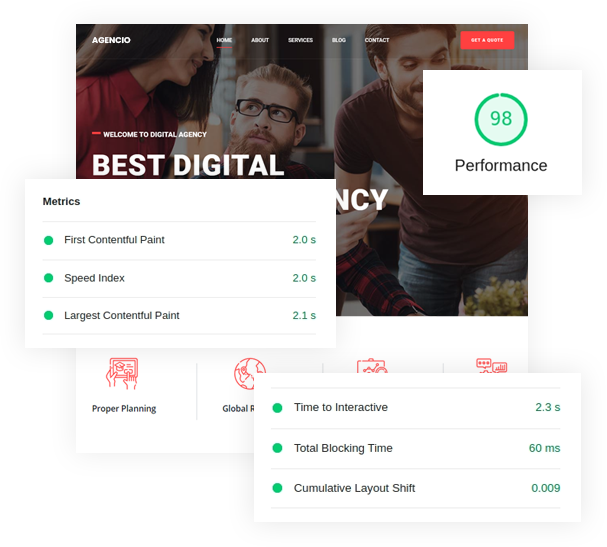Add Outbound Links
What is an external link?
The world wide web consists of several things, and links between those parts are indispensable. If a piece of content isn’t linked to, how would search engines know how to find it? Let alone visitors, they would never get there. So, links are needed for an interconnected web. Links are either internal or external. An external link is a link between two separate websites. Links within a website are called internal links. Those are very important for site structure and SEO too, but that’s a different check. The outbound links checker assesses links that are external, so between websites. There are two types of external links:
Inbound links: Also known as backlinks; these are links from other websites to yours.
Outbound links: These are links from your website to another website.
The outbound links check in QuixRank focuses on the latter: links from your website to another website.
Why do outbound links matter?
We feel that every page should include an outbound link. If you don’t add one, you won’t see a red bullet, but you will score an orange one. We feel so strongly about this because our mission is SEO for everyone. We very much believe in creating equal chances for everyone in the connected web. Websites need to connect to each other to be found, by search engines and users. So help each other out a little, and help us connect the dots of the web. It’ll make it easier for search engines to find websites, but also gain insight in how pages relate to each other. We can build a better web, together.
This is why the QuixRank plugin checks for outbound links: we need your help to structure the web. We want interesting websites to rank in Google. We obviously won’t force you, but we do very much appreciate your help. So outbound links definitely matter for SEO. For SEO in general though, not just your website’s.
Improving by adding outbound links
If you haven’t scored a green bullet on the outbound links check, that means you haven’t included any outbound links into your content. Fixing this is pretty straightforward: add a link to a different website than your own! Choose relevant links though. Think about other websites or pages that might help your visitor. Credit sources you’ve used yourself, or that have inspired you. Give people the credit they deserve! And if you think your visitors might like to learn more about a subject and you don’t want to offer that specific content yourself, send them over to someone who does. You can go through existing content to see where a link to a different website would be in place while being relevant. Also, while creating new content, keep this check in mind. It might become a whole lot easier to think of relevant outbound links while you’re writing.
Also: if you’ve purposely only added nofollow links, your bullet for this check won’t turn green. That’s because nofollow links don’t let search engines follow them through to the other website. That way, they don’t contribute or add value. We’d rather see follow links!

